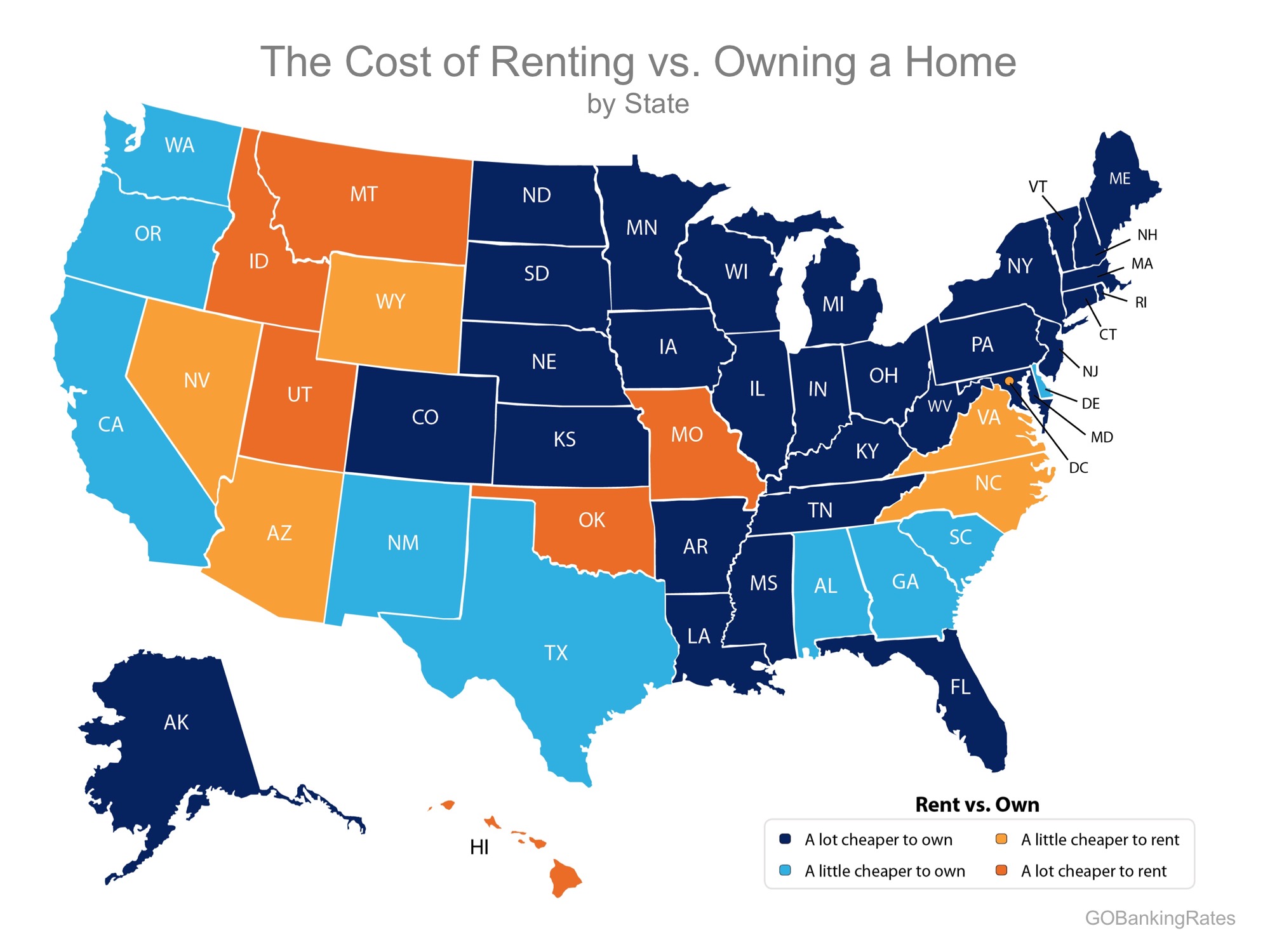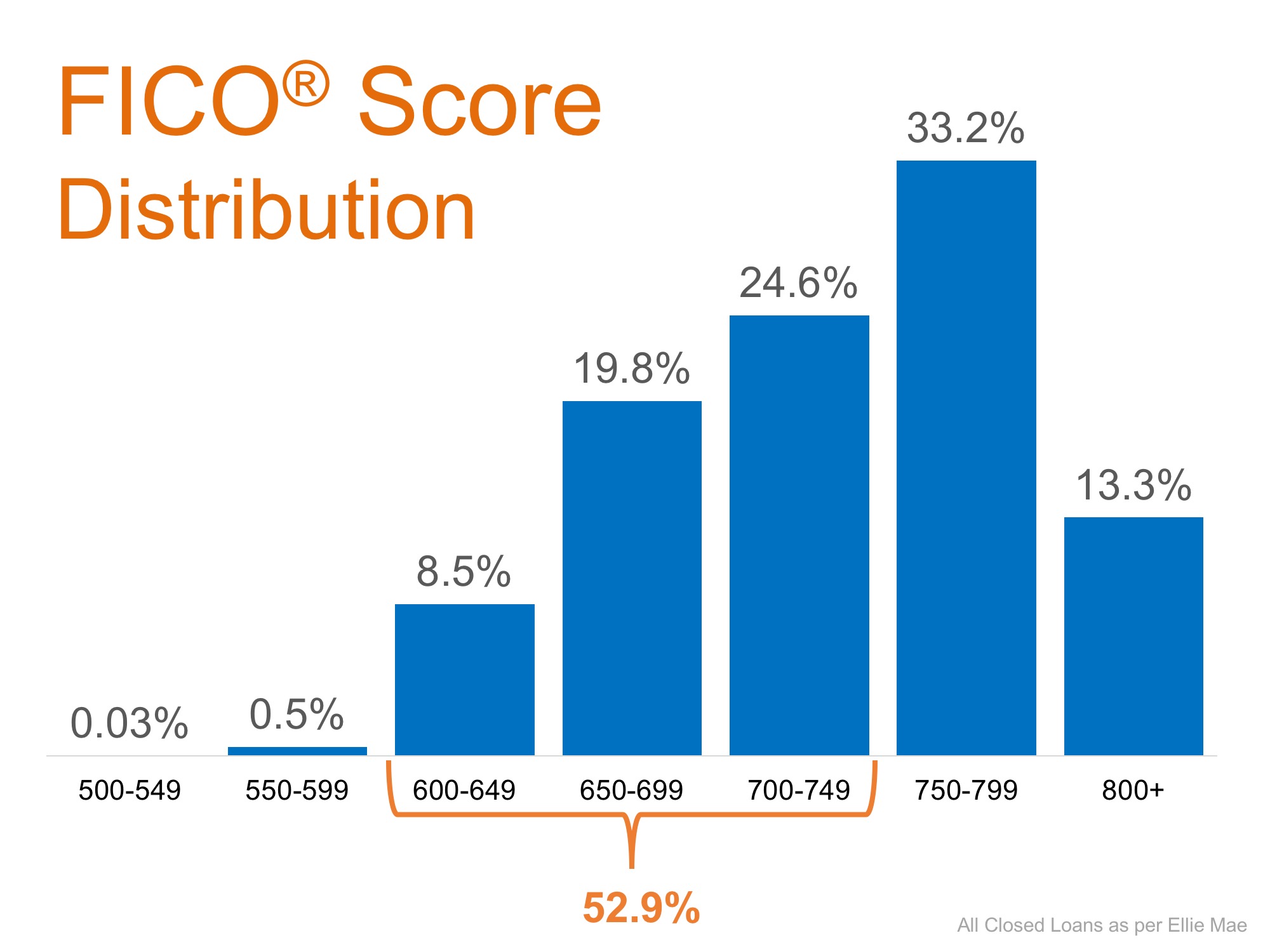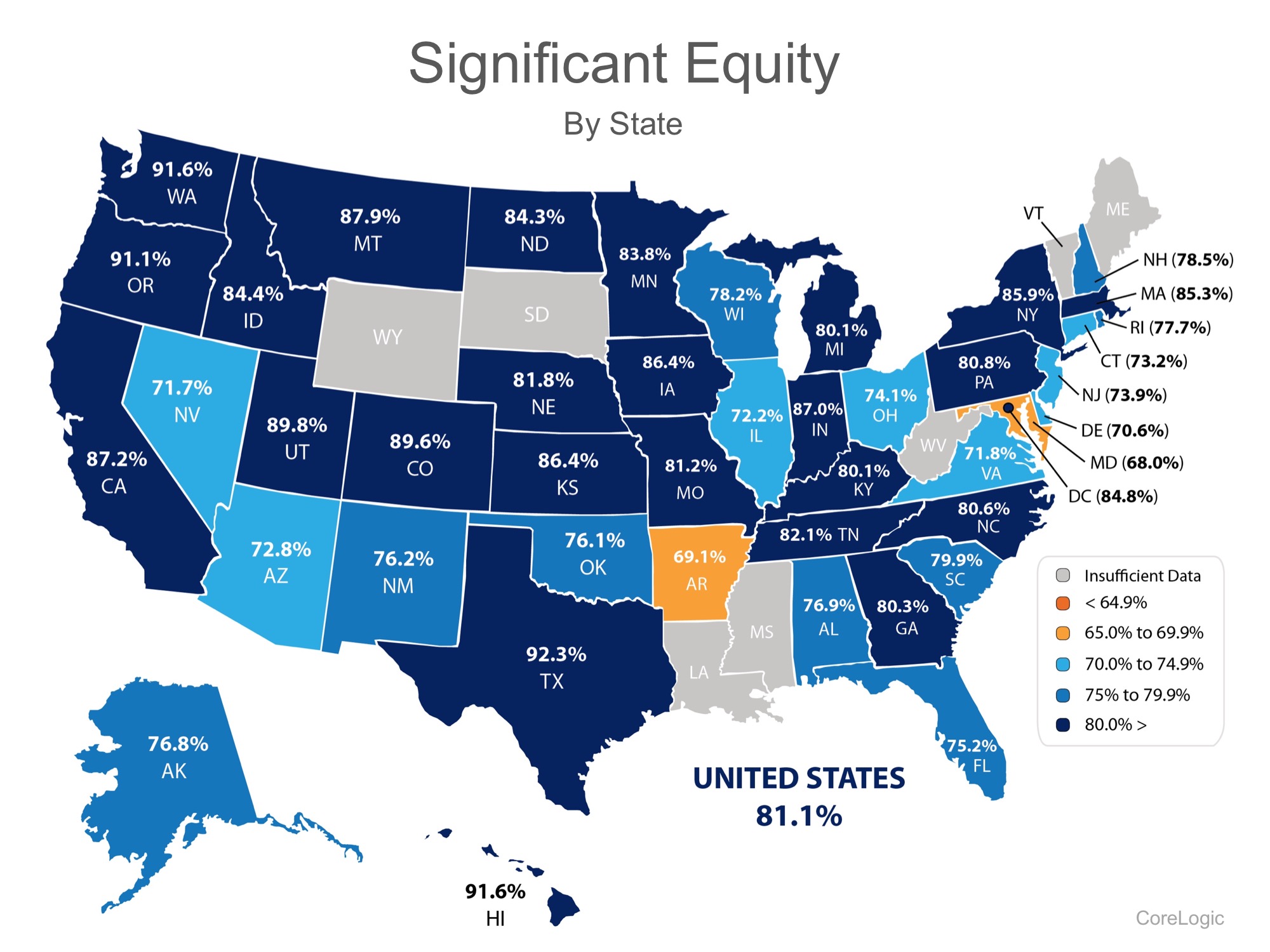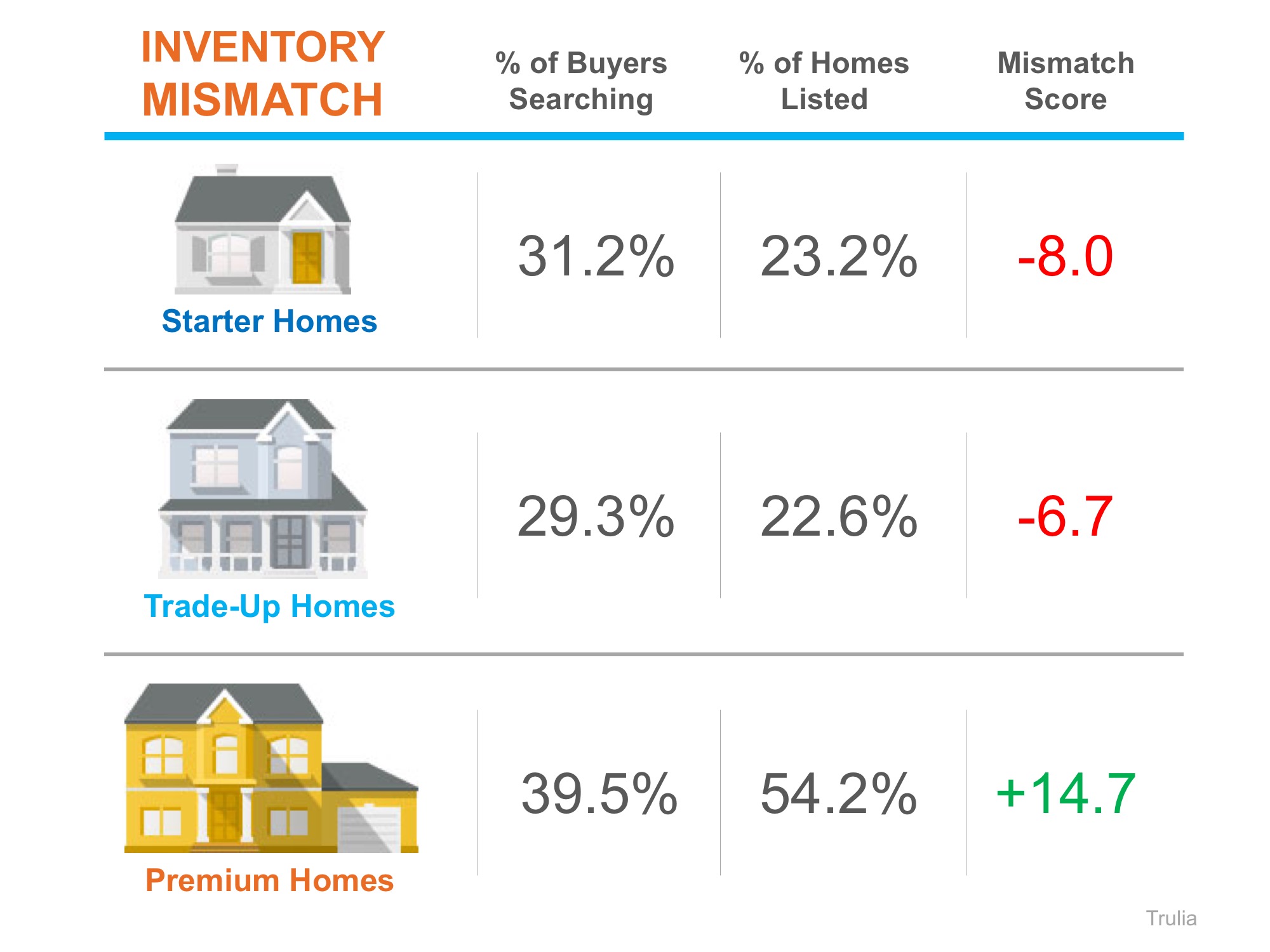There is no doubt that it is easier to sell your house when using the services of a local real estate professional. The agent will provide:
- Greater exposure to more buyers
- The skills of a professional negotiator
- A layer of protection from possible legal liabilities
- Professional guidance in navigating any pitfalls that may arise
- A level of safety while showing the home
There is no doubt that these services are valuable to any family that decides to sell. The only question is – how valuable? One of the main reasons For Sale By Owners (FSBOs) don’t use a real estate agent is because they believe these services are not worth the fee an agent charges. But, what if those services didn’t cost the seller a penny?
A study by Collateral Analytics, however, reveals that FSBOs don’t actually save anything and, in some cases, may be costing themselves more by not listing with an agent.
In the study, they analyzed home sales in a variety of markets in 2016 and the first half of 2017. The data showed that:
“FSBOs tend to sell for lower prices than comparable home sales, and in many cases below the average differential represented by the prevailing commission rate.” (emphasis added)
Why would FSBOs net less money on their own than if they used an agent?
The study makes several suggestions:
- “There could be systematic bias on the buyer side as well. FSBO sales might attract more strategic buyers than MLS sales, particularly buyers who rationalize lower-priced bids on with the logic that the seller is “saving” a traditional commission. Such buyers might specifically search for and target sellers who are not getting representational assistance from agents.” In other words, ‘bargain lookers’ might shop FSBOs more often.
- “Experienced agents are experts at ‘staging’ homes for sale” which could bring more money for the home.
- “Properties listed with a broker that is a member of the local MLS will be listed online with all other participating broker websites, marketing the home to a much larger buyer population. And those MLS properties generally offer compensation to agents who represent buyers, incentivizing them to show and sell the property and again potentially enlarging the buyer pool.” If more buyers see a home, the greater the chances are that there could be a bidding war for the property.
Three conclusions from the study:
- FSBOs achieve prices significantly lower than those from similar properties sold by Realtors using the MLS.
- The differential in selling prices for FSBOs when compared to MLS sales of similar properties is about 5.5%.
- The sales in 2017 suggest the average price was near 6% lower for FSBO sales of similar properties.
Bottom Line
If you are thinking of selling, FSBOing may end up costing you money instead of saving you money.













